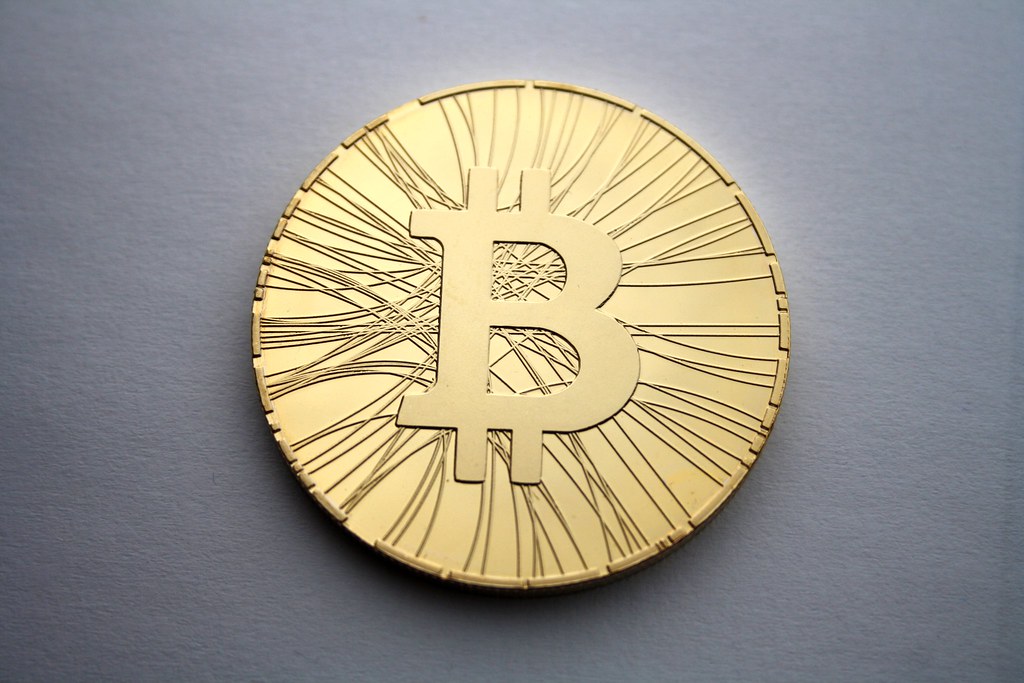Key takeaways
- An anonymous trader earned $88 million by shorting Bitcoin just before Trump’s tariff news
- The trade opened 30 minutes before President Trump announced 100% tariffs on China
- Critics accuse the administration of insider trading and market manipulation
- The episode raises questions about ethics, transparency, and crypto regulation
An unknown crypto trader made an $88 million profit by betting Bitcoin would drop. The trader opened a massive short position half an hour before the president announced new China tariffs. Almost instantly, Bitcoin’s value tumbled, and the trader closed the bet with huge gains. Many observers now suspect insider trading. They worry someone in the Trump administration tipped off the trader about the tariff plan.
What Is a Bitcoin Short?
A Bitcoin short is a type of bet that profits when the coin’s price falls. First, a trader borrows Bitcoin from an exchange. Next, the trader sells the borrowed coins at the current price. Later, the trader rebuy the same coins at a lower price. Finally, they return the coins and pocket the difference. This method carries big risks if the price rises instead. However, when timed perfectly, a short can deliver massive returns.
Why Timing Sparks Insider Trading Claims
In this case, timing was everything. The trader created an account and opened the position just thirty minutes before Trump’s announcement of 100% tariffs on Chinese goods. This move came on a Friday afternoon, when markets had limited hours left. Bitcoin soon plummeted as investors feared an economic slowdown. The trader closed the position and locked in $88 million in profit. Critics say no one could predict such a steep market reaction without inside information, fueling insider trading allegations.
Voices Claim Insider Trading
Political and consumer groups quickly voiced their concerns. Melanie D’Arrigo, head of the Campaign for New York Health, blasted the president for using his office for personal gain. She said the timing proved corrupt trading inside the administration. An X user, Brian Allen, called it “insider trading on steroids.” He pointed out the brand-new Bitcoin account and massive leverage. He argued that no retail trader could foresee this tariff surprise. Meanwhile, other critics accused the White House of rigging markets to benefit friends and allies.
Possible Proof and Doubts
Despite mounting accusations, solid proof remains scarce. Platforms like Unusual Whales tracked the trade data, but they do not reveal user identities. Even so, experts note that big trades on fresh accounts often hint at coordinated schemes. On the other hand, skeptics worry that any large bet could look suspicious. They argue that savvy investors monitor political calendars and budget meetings. Such traders might place bets based on public clues rather than secret tips. Thus, the line between smart moves and insider trading can blur.
Trump’s Crypto History
This is not the first time Trump has faced crypto scrutiny. He once launched a meme coin called $Trump. Reports say that project made him billions, though critics call the figures exaggerated. His administration also removed an independent ethics watchdog, which once monitored conflicts of interest. These steps add fuel to the insider trading debate. If high-level officials act without oversight, traders could gain unfair edges.
Impact on the Crypto Market
The incident rattled crypto investors worldwide. Many retail traders fear that political games may wipe out small accounts. As a result, some are demanding clearer rules and tighter surveillance. Exchanges might face new regulations to track large bets on new accounts. Meanwhile, whales—big investors—could grow more cautious about public tariff news. Ultimately, uncertainty may drive more traders out of crypto or into privacy-focused platforms.
What Comes Next?
Regulators and legislators will likely investigate this trade. They might subpoena trading records and communication logs. If they find evidence of inside tips, charges could follow. In response, Congress may propose tougher rules for digital assets. Exchanges could face stricter know-your-customer policies. At the same time, crypto advocates will push for fair treatment under the law. They argue that digital currencies need clear guidelines to thrive.
While investigations unfold, crypto markets will watch every political move. Future tariff announcements or economic speeches could again spark huge swings. Traders and politicians alike will learn from this episode. Perhaps new safeguards will emerge to prevent insider trading in crypto. Or maybe digital assets will remain the Wild West of finance. Either way, the $88 million Bitcoin short has left a big mark on the debate over market fairness.
Frequently Asked Questions
What exactly is insider trading in this context?
Insider trading here refers to using secret information from the Trump administration to place a profitable Bitcoin bet before a major announcement. If someone tipped off the trader, it would break trading laws.
How does a Bitcoin short work?
A trader borrows Bitcoin, sells it at the current price, waits for the price to fall, then buys back the coins at a lower rate. The trader returns them to the lender and keeps the price difference as profit.
Could public signals alone explain the trade timing?
Some argue that expert traders watch political calendars and artfully predict announcements. However, opening a brand-new account only minutes before the news raises doubts about relying on public information alone.
What regulations could prevent similar cases?
Lawmakers might require crypto exchanges to enforce stricter identity checks and report large trades. They could also expand insider trading laws to cover digital asset markets explicitly.
